Your brakes are the unsung heroes of the road, silently working behind the scenes to bring your car to a smooth halt. But when it comes to these crucial components, misinformation and myths abound. So, how do you separate fact from fiction and ensure your brake pads are keeping you safe? Buckle up, because we’re debunking some of the most common brake pad myths!
Myth #1: Brake pads need to warm up to work effectively.
False: While race car brakes might require some heat for optimal performance, your everyday street pads are designed to work cold. Whether it’s a frigid winter morning or a scorching summer day, your brakes should offer reliable stopping power from the moment you press the pedal.
Myth #2: Harder brake pads are always better.
Not necessarily: While harder pads can offer more bite and fade resistance, they can also be harsher on rotors and generate more noise. Softer pads, on the other hand, might wear out faster but offer smoother, quieter braking. The ideal choice depends on your driving style, vehicle type, and priorities.
Myth #3: You should only replace brake pads when they are completely worn out.
Big mistake! Waiting until your pads are down to the metal is a recipe for disaster. Most pads have wear indicators that emit a screeching sound when nearing the end of their life. Replace them well before this point to avoid damaging rotors, risking longer stopping distances, and compromising safety.
Myth #4: All brake pads are created equal.
Absolutely not! Different materials, like ceramic, metallic, and organic, offer varying levels of performance, noise, dust generation, and lifespan. Choose the right pad based on your needs, whether it’s prioritizing quiet braking for city driving or opting for high-performance pads for sporty adventures.
Myth #5: Replacing brake pads is a simple DIY job for anyone.
While some basic car enthusiasts might be comfortable tackling brake pad replacement, it’s not always a walk in the park. Improper installation can lead to leaks, uneven wear, and ultimately, compromised braking. If you’re unsure, entrust this critical task to a qualified mechanic for peace of mind.
Myth #6: Expensive brake pads are always better than cheap ones.
Price isn’t everything. While premium brands might offer longer life and better performance, some affordable options from reputable manufacturers can also deliver excellent stopping power. Research different brands, check online reviews, and consult your mechanic to find the best value for your budget.
Myth #7: You should replace all four brake pads at once, even if only one is worn.
Not always! In most cases, only the pads on the axle that experiences the most braking need replacing (usually the front due to heavier weight distribution). However, if the wear on one side is significantly greater than the other, it’s best to replace all four for balanced braking performance.
Myth #8: Greasing brake pads will improve their performance.
Danger! Greasing or lubricating brake pads can cause them to slip, leading to longer stopping distances and potentially dangerous situations. These components rely on friction for their effectiveness, and any lubricant will disrupt this process.
Myth #9: You should resurface your rotors every time you replace your brake pads.
This isn’t always necessary. While resurfacing can improve pad life and performance in certain cases, it’s not a mandatory procedure. Consult your mechanic to determine if your rotors need resurfacing based on their condition and the remaining thickness.
Myth #10: You can judge the quality of brake pads by their color.
Color is not a reliable indicator of quality. Different manufacturers and materials utilize different colors for their brake pads. Focus on factors like performance ratings, reviews, and brand reputation when making your choice.
Bonus Tip: Don’t ignore warning lights! If your car’s brake system warning light illuminates, it’s a sign of a potential issue. Don’t delay, get it checked by a mechanic immediately for safe driving.
By debunking these common myths, you can take control of your car’s braking performance and ensure your safety on the road. Remember, your brake pads are more than just car parts; they’re your lifeline to stopping power. Choose wisely, maintain them properly, and don’t hesitate to seek professional help when needed.
 NZD
NZD
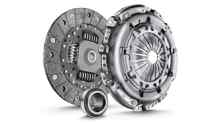
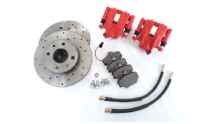
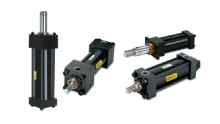
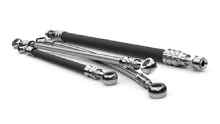
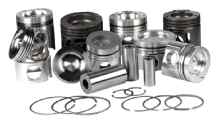
.jpg)
.jpg)
.jpg)
.jpg)

.jpg)
.jpg)


